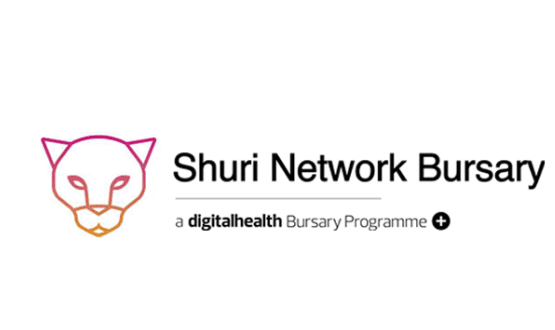Collection of BAME Covid-19 data ‘should be mandated’
- 17 June 2020

Collection and recording of ethnicity data to inform the national response to Covid-19 should be mandated as part of routine NHS and social care data collection system, a new report states.
Public Health England (PHE) has released a series of recommendations aimed at reducing the disproportionate impact of coronavirus on black and minority ethic (BAME) people.
Its report Beyond the data: Understanding the impact of Covid-19 on BAME groups’ highlights the need for better research and data around the disparities in health outcomes associated with the virus.
Based on feedback from a number of stakeholder engagements with more than 4,000 people, the report concludes better data is needed “to deepen our understanding of the wider socio-economic determinants, improve data recording of faith and ethnicity and greater use of community participatory research”.
Mandatory collection of BAME data should also include death certification, it states. All data should be readily available to local health and care partners to inform actions to “mitigate the impact of Covid-19 on BAME communities”.
“Throughout the stakeholder engagement exercise, it was both clearly and consistently expressed that without explicit consideration of ethnicity, racism and structural disadvantage in our responses to COVID-19 and tackling health inequalities there is a risk of partial understanding of the processes producing poor health outcomes and ineffective intervention,” the report found.
Stakeholders said racism and discrimination were a “root cause affecting health, and exposure risk and disease progression risk”, it adds.
Yesterday’s report builds on the findings from the rapid review into coronavirus data, following reports third party responses were originally censored from findings.
PHE faced fierce criticism for failing to include actionable recommendations in its rapid review, commissioned in May, despite the review being aimed at establishing the factors impacting the number of Covid-19 cases and severity of the outcomes for different groups within the population.
The findings, published on June 2, failed to address how the data could be used to address health inequalities.
The review found BAME people were twice as likely to die from Covid-19.
People of Bangladeshi ethnicity had around twice the risk of death compared to white British people.
Other BAME groups were disproportionately affected, with people of Chinese, Indian, Pakistani, other Asian, Caribbean and other black ethnicity having a 10-50% higher risk of death from the virus compared to white people.
Increased disparities
Several separate reports have highlighted the risk of Covid-19 to BAME people, sparking calls for better collection and analysis of data.
According to an Institute of Fiscal Studies report, published 1 May, Covid-19 hospital deaths are highest among the black Caribbean population – three times higher than the white British group, despite white British accounting for almost 80% of the population of England.
Office of National Statistics figures published on 7 May revealed black people are four times more likely to die from the virus than white people.
The Shuri Network, established to support BAME women in digital health, previously warned the problem cannot be passed between departments as a “hot potato too difficult to confront”.
Dr Shera Chok, GP and co-founder of the Network, called for “strong and visible” leadership on the issue, adding: “We talk about prevention, co-production and engaging communities in the Long Term Plan, this would be an excellent opportunity to demonstrate how we do this as a health and care system using data and technology to improve outcomes and safety.”




